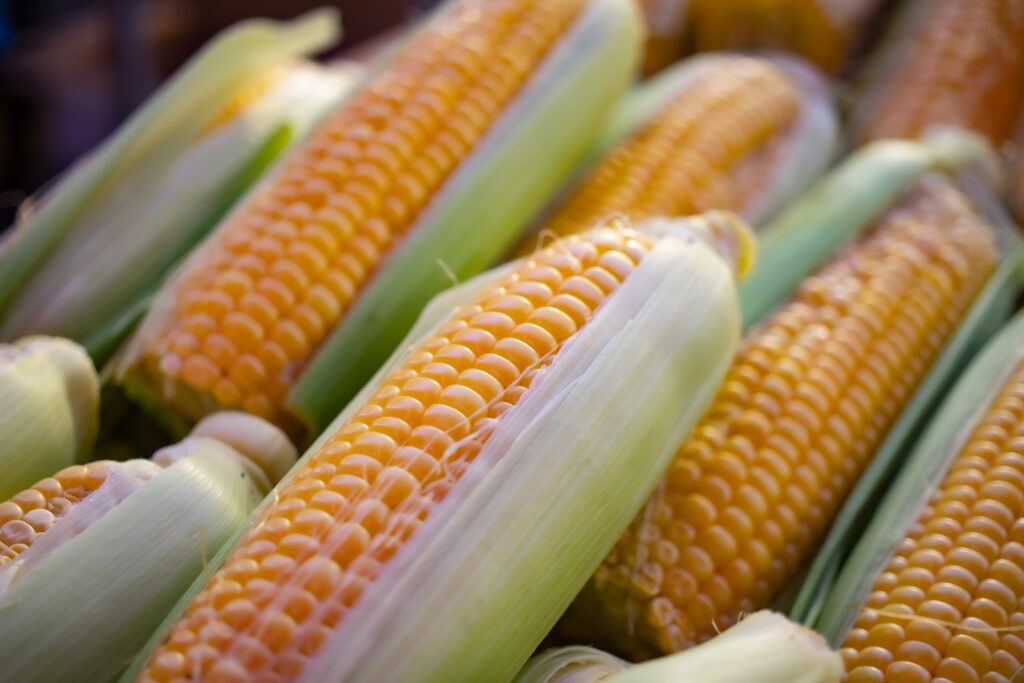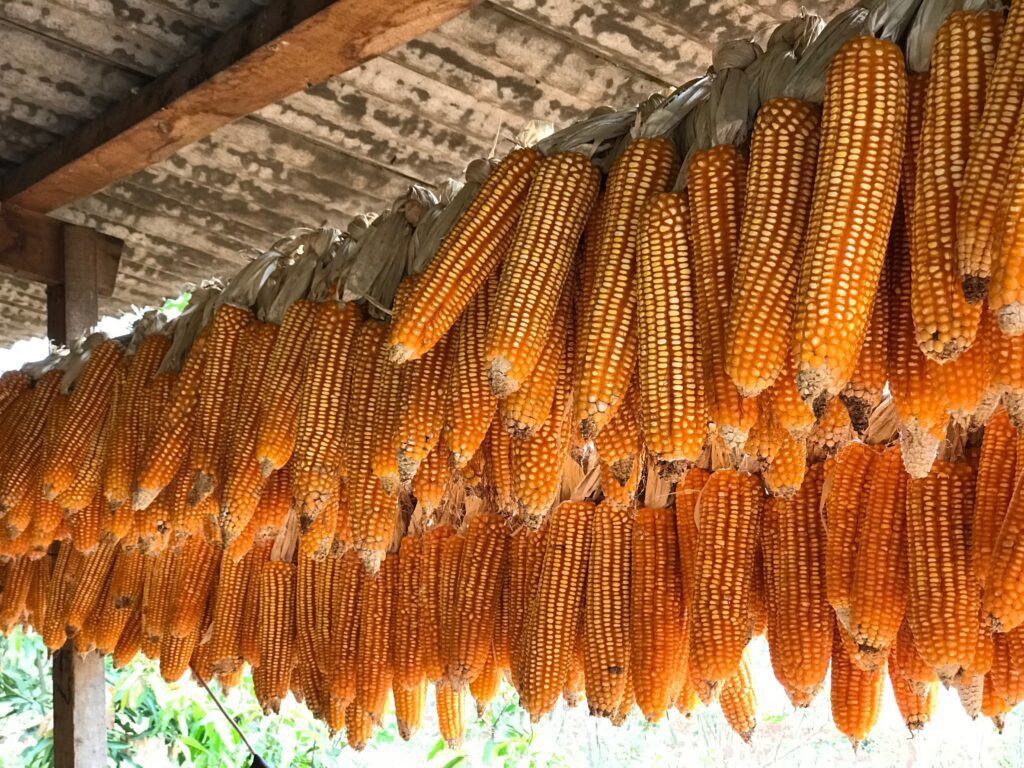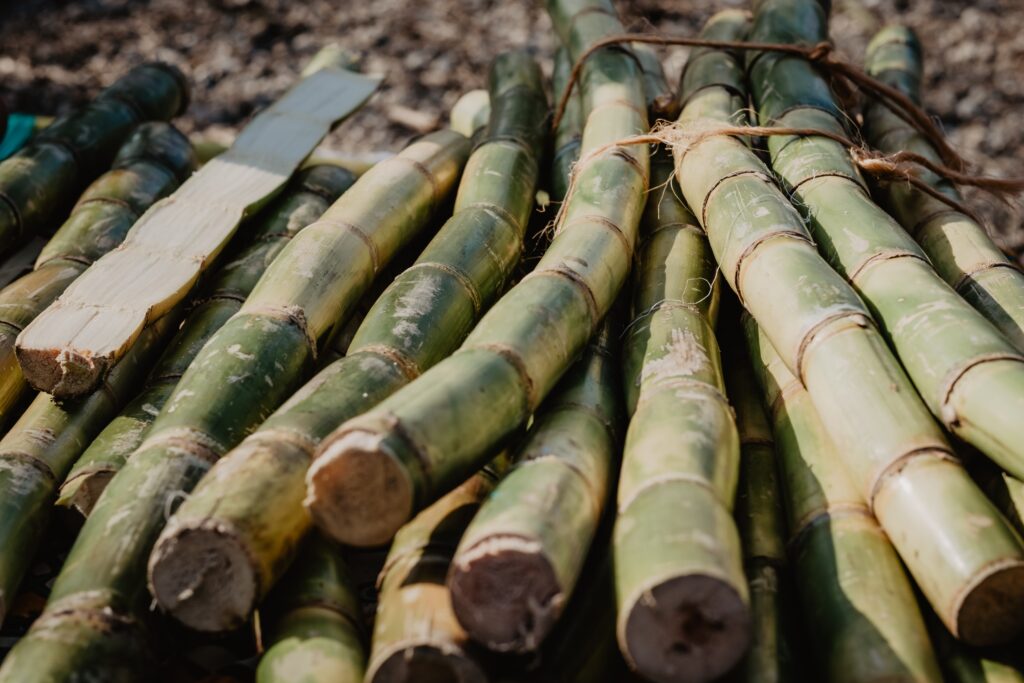Weed Control on Wheat|{p}A herbicide trial on the control of flex leaf fleabane.{/p}|{p}Extend the control period of weed and hence reduce herbicide application frequency.{/p}
✓ Lengthen the application interval from 21 days to 42 days.
✓ Potential direct chemical savings range between 19% and 39%.




